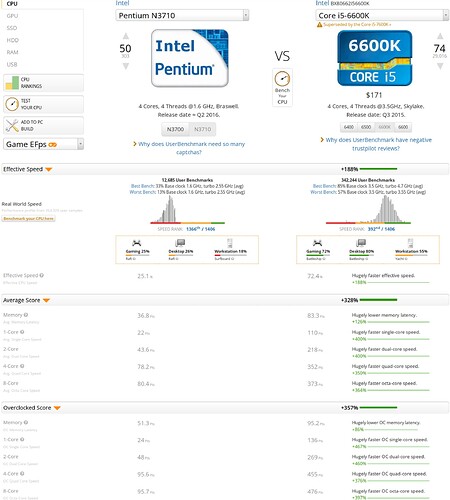Basically, my problem is that when I’m playing something such as Sonic Robo Blast 2, a game in GZDoom, playing PsyDoom, Minecraft (modded for performance), or other potato-ish games, so no Baldur’s Gate 3 or Doom: The Dark Ages here. This has been happening for a long while and I got fed up with my brother getting free frags on me because of that.
I can set the games to lower settings so I can actually run the game at a consistent 60 FPS, and depending on the game, it’s usually just reducing the draw distance, turning off extra effects, etc., since most of the games I take an interest to are not particularly demanding anyway, and my other laptop (worse and has a broken fan) doesn’t have this issue. (For context, my laptop is passively cooled, and it’s never overheated ever.)
Then intermittently, the sound completely stops, and my FPS drops to a consistent 10-ish, then it’s back to normal for a while (usually 60, but if the game was already lagging, it’ll go back to that framerate with sound), and back over and over again. Restarting just seems to delay the first occurrence, but after that it doesn’t matter. The game looks some guy “playing” a video by holding forward in PowerPoint, where each slide is one frame of the video.
Side Tangent
The only programs this doesn’t happen with are Chocolate Doom (duh, you’re essentially playing the same thing as Doom back in 1993) and DuckStation (PS1 emulator, occasional microstutters occur instead, probably unrelated), and the same games on Windows run flawlessly (these programs have native Linux versions).
This does happen with Dolphin (the emulator, I play Smash Bros. games in it, well offline anyway, don’t ask me how I get it playable on my hardware) but what ends up happening is the game slowing down, and then speeding up too much, then at normal speed. This is also probably unrelated, as DuckStation uses Cubeb by default (I left it at that), and Dolphin has the options to use Cubeb, PulseAudio, or ALSA. I use ALSA in this case as Cubeb sounds weird. Of course, using no sound output is possible, but that’s lame.
